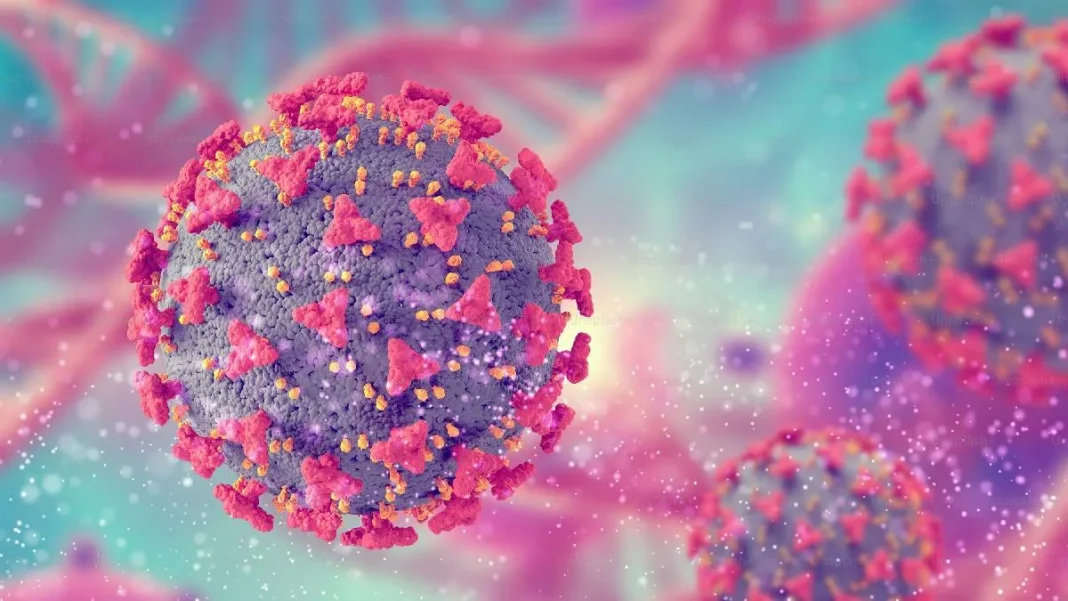Key Takeaways
- Google’s AI generated a novel cancer hypothesis validated in living cells
- DeepMind’s Gemma model collaborated with Yale University researchers
- Discovery could lead to new cancer therapy pathways after further testing
Google CEO Sundar Pichai has announced a groundbreaking achievement where artificial intelligence generated a novel hypothesis about cancer cell behavior that scientists have successfully validated in living cells. This milestone represents a significant advancement in AI’s application to medical science and cancer research.
AI Breakthrough in Cancer Research
The discovery emerged from a research collaboration between Google’s DeepMind and Yale University, utilizing the C2S-Scale 27B foundation model built on the Gemma architecture. Pichai described this as an “exciting milestone for AI in science” where the AI “generated a novel hypothesis about cancer cellular behaviour, which scientists experimentally validated in living cells”.
He emphasized that with additional preclinical and clinical testing, this discovery could reveal “a promising new pathway for developing therapies to fight cancer”.
Scientific Community Reaction
The announcement quickly gained millions of views and sparked enthusiastic responses from experts. A former Google engineer noted this represents “precisely where AI’s biggest societal impact lies” by accelerating “breakthroughs in fundamental science like oncology”.
He described the progress as “incredibly motivating” and expressed anticipation to see “how this validated hypothesis translates into real therapies”.
Technical Details
DeepMind researchers confirmed in a blog post their collaboration with Yale University to release Cell2Sentence-Scale 27B (C2S-Scale), a foundation model for single-cell analysis. The company stated the model’s predictions were confirmed with “experimental validation in living cells,” concluding that “this discovery reveals a promising new pathway for developing therapies to fight cancer”.




